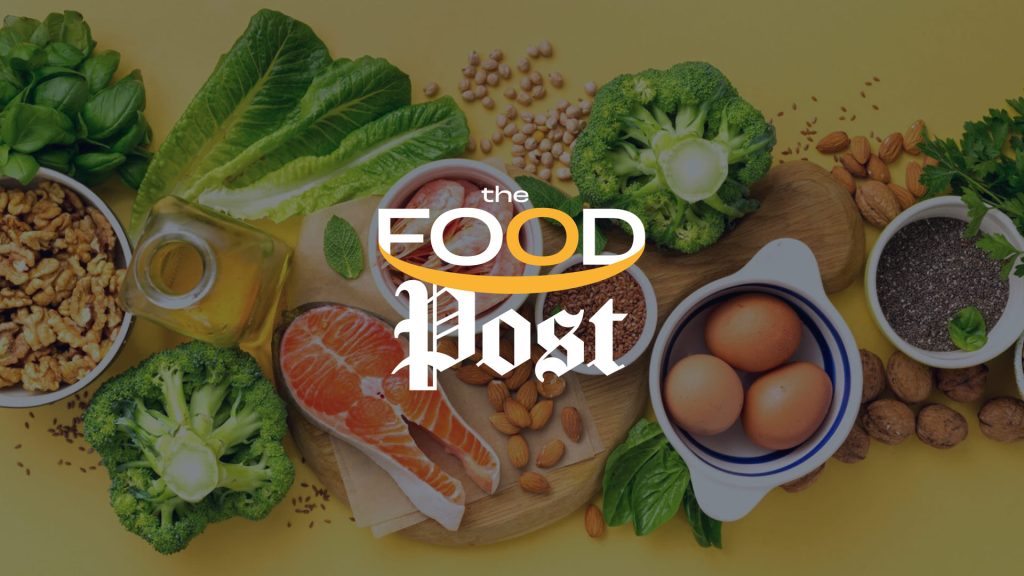A sharp rise in colorectal cancer among adults younger than 50 has renewed focus on diet, food safety and other lifestyle risks, underscoring the complex web of environmental and behavioral influences on long-term health.
Colorectal cancer, the third most common cancer worldwide, has increased sharply in younger adults over the past three decades. While genetic conditions like Lynch syndrome account for 10 to 20 percent of early-onset cases, researchers increasingly point to diet, foodborne pathogens, obesity and inactivity as contributors, according to studies in The Lancet Oncology and NPJ Precision Oncology.
Ongoing research continues to clarify these connections, but current evidence underscores the need for preventive action.
Pathogens and food safety challenges
Foodborne pathogens may contribute to colorectal cancer risk, though their role in early-onset cases is still under investigation. A 2024 University of Florida study suggests that Campylobacter jejuni, a common poultry contaminant, could accelerate colon cancer progression through its cytolethal distending toxin (CDT), which causes DNA damage. C. jejuni causes more than 1.5 million enteric infections annually in the U.S., often from undercooked chicken, according to the Centers for Disease Control and Prevention. However, human studies are needed to confirm its direct link to colorectal cancer.
Similarly, Helicobacter pylori, a known risk factor for gastric cancer, may promote colorectal cancer through chronic inflammation and metabolic disruptions, though its impact on younger adults is less clear, according to a 2025 review in BMC Global and Public Health. Other bacteria, such as Fusobacterium nucleatum and certain E. coli strains, have also been strongly linked to colorectal cancer, highlighting the complex role of the gut microbiome.
Regulatory gaps in food safety could exacerbate these risks. A February 2025 Government Accountability Office report noted that the USDA has yet to finalize performance standards for Salmonella and E. coli in meat and poultry, potentially increasing exposure to foodborne pathogens. While these pathogens are less directly linked to colorectal cancer than others, chronic infections or inflammation may contribute to gut dysbiosis, though their specific impact remains under study.
Climate change may indirectly increase food safety risks by accelerating Salmonella and Campylobacter proliferation in warmer temperatures and contaminating irrigation water through extreme weather events like flooding, according to a joint USDA/NOAA assessment.
While this could theoretically elevate colorectal cancer risk by increasing pathogen exposure, direct evidence is limited. Further studies are needed to determine how climate-driven changes in food safety specifically impact colorectal cancer rates, particularly in younger adults.
Diet and lifestyle
A 2024 Lancet Oncology analysis found rising rates of colorectal cancer in seven out of 50 countries that were studied. In the U.S., nearly 18,000 people younger than 50 are diagnosed each year, a stark contrast to previous generations. Unlike older adults, who benefit from routine screenings, younger patients are often diagnosed at more advanced stages.
The so-called Western diet — high in red and processed meats, added sugars, and low in fiber — is a major focus of research. A 2024 Cleveland Clinic study published in NPJ Precision Oncology found that metabolites from red and processed meat, such as arginine and urea cycle byproducts, were significantly elevated in younger colorectal cancer patients. These compounds are believed to promote inflammation and gut dysbiosis, conditions favorable to tumor growth.
Diets heavy in sugar-sweetened beverages and light on fruits, vegetables and whole grains have also been linked to increased cancer risk, with a 2022 Frontiers in Nutrition review connecting these patterns to colorectal adenomas, early-stage precursors to cancer.
The gut microbiome, central to colorectal cancer development, is heavily influenced by diet. Diets low in fiber diminish microbial diversity and reduce protective short-chain fatty acids, while high red meat intake fuels sulfur-metabolizing bacteria, generating hydrogen sulfide, which was found to damage epithelial DNA, according to a 2025 study in Gut Microbes.
Beyond diet, other lifestyle factors contribute significantly. Obesity, sedentary behavior and smoking have been linked to increased risk, with a 2023 JAMA Oncology study finding that excess body weight and low physical activity were associated with a 1.5- to 2-fold increased risk of early-onset colorectal cancer. These factors, combined with environmental exposures, likely interact with diet to elevate cancer risk.
Calls for prevention
Prevention efforts are gaining momentum. Dr. Suneel Kamath, lead author of the Cleveland Clinic study, emphasizes dietary counseling, advocating for reduced intake of red and processed meats, added sugars, and increased consumption of fiber-rich plant foods like fruits, vegetables and whole grains. Experts also recommend maintaining a healthy weight, regular physical activity of at least 150 minutes per week, and avoiding smoking to lower colorectal cancer risk.
Public health advocates are calling for stronger food safety regulations, including finalized pathogen standards in poultry and better outbreak tracing. The CDC’s Interagency Food Safety Analytics Collaboration is working to improve source attribution methods for foodborne illnesses. While improved food safety could reduce gut health risks, dietary and lifestyle changes are likely to have a greater impact on colorectal cancer prevention.
The U.S. Preventive Services Task Force recommends routine screening starting at age 45 for those at average risk. For individuals younger than 45 with risk factors such as family history, obesity or symptoms like rectal bleeding, earlier screening may be warranted. Consult a healthcare provider to assess personal risk. Consumers are also advised to cook meat thoroughly, incorporate more plant-based proteins, and stay alert to food recalls.
With most cases preventable through lifestyle changes, the rise in young adult colorectal cancer demands urgent action, according to the researchers. While research increasingly highlights the impact of diet, food safety, and environmental factors, many links — such as the roles of specific pathogens and climate change — are still being uncovered. Ongoing studies will clarify these relationships, but current evidence underscores the importance of a balanced diet, active lifestyle and vigilant food safety practices in reducing colorectal cancer risk.
(To sign up for a free subscription to Food Safety News, click here.)

